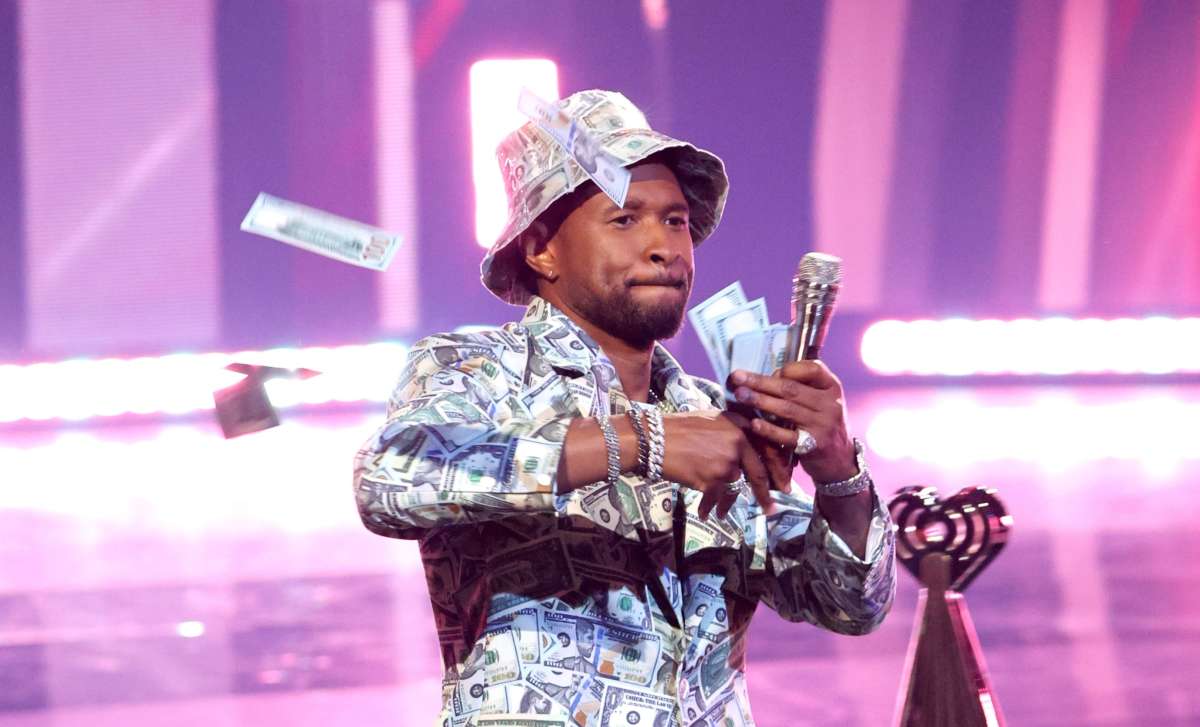The shiver of revulsion that went through much of the nonprofit community recently had surprising and immediate impact. When CBS announced, on September 9, a new reality show pitting activists against one another in the Global Citizen series “The Activist,” they clearly did not expect overwhelmingly negative response. The original plan to have Usher, Priyanka Chopra Jones and Julianne Hough host a five-week competition between six activists working “to bring meaningful change to one of three vitally important world causes: health, education, and environment” was so antithetical to the concept of progressive change that public backlash forced a reassessment.
But the underlying issues leading to such a wrongheaded approach are nothing new. It remains to be seen whether this wakeup call will resonate with others in the philanthropic community, who frequently make extraordinary requests of nonprofits without considering the impact upon understaffed, cash-strapped organizations that would much rather dedicate all resources toward mission-related activities, whether they are direct service, advocacy, or both.
I recall one foundation that invited over 30 nonprofit leaders to spend a day in a hotel conference room, giving representatives of the funder a chance to “get to know us better.” They expected the organizations’ leadership to be available for a full day, with no certainty of application advancement. The intent was to select a smaller number from the group to apply for funds; even fewer would ultimately receive any support.
At one point, they had us all on our hands and knees on the floor, with large sheets of paper and markers, charged with creating a visual representation of our core values. The day culminated with a demand for a spontaneous pitch summarizing our work in a “fresh, new way.” The most well-received were the most skilled at improvisation. They might have also been the most deserving. Hard to know, since nothing of substance was asked or communicated.
Stop and think for a minute: Is there any reliable connection between improvisation and efficacy in the delivery of essential services? Any reason to believe that an activist who can impress us on a reality show will be someone who can affect meaningful change? Do we really want people who are effectively making the world a better place to divert their finite resources to dazzle us on television?
Thanks in large part to the uptick in “popularity-based funding,” both the nonprofit and philanthropic sectors are increasingly conditioned to equate instant gratification with actual impact. Nonprofits — which offline are urged by funders to collaborate with each other whenever possible — are expected to compete to generate the most “likes” for the prize. The resulting short-term enthusiasm rarely translates into sustained support, mainly because these campaigns — much like the originally planned criteria to “win” the competition on “The Activist” — must rely on social media marketing techniques for success rather than content about actual needs and real solutions.
Note that CBS offered “hope” for funding rather than a guarantee. The team that conceived this show found it perfectly reasonable to expect six activists, probably representing existing, hardworking nonprofits, to invest in this competition even if they came out with nothing, or very little. These are worthy causes deserving of an audience, but it is clear that the end game for CBS was never to facilitate targeted, well-funded campaigns for sustainable change.
This lack of respect for the expertise of activists seems like an extension of an increasingly common practice in the corporate-giving sector, where nonprofits must attend “boot camp” to learn a new “pitch” as part of their application process. These corporations cheerfully believe that they are enhancing the expertise of nonprofit professionals, who wearily dedicate thousands of staff hours to create presentations, either live or online, each designed to meet a different set of performative criteria.
Perhaps most infuriating — it’s hard to choose — is the idea that it’s reasonable to measure success of an initiative to improve health, education or the environment through online engagement, social metrics and input from celebrity hosts. It should not be surprising that measuring essential social change in social media metrics didn’t immediately strike everyone as a bad idea. For far too long, those with money, power and visibility have been encouraged to think they know as much or more about everything from education to social justice than those who dedicate their lives to this work.
I am grateful that CBS will reimagine “The Activist.” It remains to be seen whether the newly announced approach — showcasing the work of six activists in a documentary format — will get the same level of promotion. An honest documentation of tireless efforts toward meaningful change might make a lot of people feel inspired and hopeful — but I also hope that CBS and Global Citizen will also consider directing some of the dollars they spend on publicity toward the work of the activists they plan to showcase.
Our most important fundraising appeal of the year
December is the most critical time of year for Truthout, because our nonprofit news is funded almost entirely by individual donations from readers like you. So before you navigate away, we ask that you take just a second to support Truthout with a tax-deductible donation.
This year is a little different. We are up against a far-reaching, wide-scale attack on press freedom coming from the Trump administration. 2025 was a year of frightening censorship, news industry corporate consolidation, and worsening financial conditions for progressive nonprofits across the board.
We can only resist Trump’s agenda by cultivating a strong base of support. The right-wing mediasphere is funded comfortably by billionaire owners and venture capitalist philanthropists. At Truthout, we have you.
We’ve set an ambitious target for our year-end campaign — a goal of $230,000 to keep up our fight against authoritarianism in 2026. Please take a meaningful action in this fight: make a one-time or monthly donation to Truthout before December 31. If you have the means, please dig deep.
